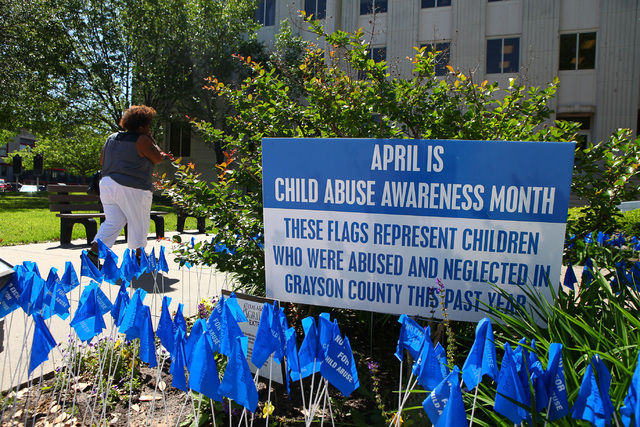High-profile Child Abuse Case Sees Call for Elimination of Statute of Limitation
By Jerrie Whiteley
When former Speaker of the House of Representatives Dennis Hastert was sentenced to 15 months in prison this week, the banking charges to which he pleaded guilty in federal court were likely the least of what captured people’s attention about the case. Government officials allege that Hastert, a former Illinois high school wrestling coach, practiced his creative accounting to help cover up allegations that he abused some of the young athletes entrusted to his care. Though Hastert didn’t specifically admit to abusing children, he did say at the sentencing, “I know I’m here because I mistreated some of my athletes as a coach,” according to a report on CNN.com. One of those alleged victims spoke out in court about how the abuse has impacted his life over the years. Afterward, Illinois Attorney General Lisa Madigan said she thinks the statute of limitations should be eliminated when prosecuting alleged child sex crimes. “The devastation caused by sex crimes is horrific and I think we got a little hint of that today,” Madigan said, according to WLS-TV. “And I hope that this becomes a wake up call to our lawmakers to shore up our laws.” “Nothing is more stunning than to have the words ‘serial child molester’ and ‘speaker of the House’ in the same sentence,” District Judge Thomas M. Durkin said, in sentencing Hastert to 15 months in prison. But for many, the idea of hearing such a thing about a politician is less horrific than hearing it about an educator or a clergy member. But those charges continue to be heard across the country. And in many of those cases, the allegations come from people who had to grow up before they could come to terms with what happened and make an outcry. A statute of limitations can make prosecuting cases based on those outcries difficult, if not impossible. Sherman Attorney Bobbie Cate, who has worked as both a defense attorney and a prosecutor, said the statute of limitations rules are meant to encourage the prosecution of offenses while evidence is available and fresh, which helps to ensure final and predictable outcomes for cases. She said she believed that Texas had already done away with statutes of limitations with regard to one classification of sexual crime. Grayson County District Attorney Joe Brown said that classification is sexual assault in cases where the victim was a child. He said Texas made that change in 2007. “The change was a good change for victims of child abuse, because the fact is that many child victims of abuse, for many reasons, do not report their abuse for years after it happens,” Brown said. “They block it out of their minds, or they are too young to understand the wrongness of what happened, or the other dynamics inside a dysfunctional family prevent them from coming forward. Some people think that abuse is something a victim should always tell about when it happens, but that is just not reality.” However, he said, doing away with the statutes of limitations hasn’t made it easier on prosecutors. “Child abuse cases are already very difficult because there are almost never witnesses to the abuse, and rarely any physical evidence,” Brown said. “The older the case, the more memories fade, and that can be a challenge. However, victims of child abuse usually remember what happened very, very well.” What it really comes down to, Brown said, is “whether there should be artificial time limits on justice. In these types of cases, where there are common reasons why cases may not get reported, and because of the seriousness of them, and the vulnerability of children, I do not believe we should be limiting the rights of a crime victim to see justice done.”
|
.
Any original material on these pages is copyright © BishopAccountability.org 2004. Reproduce freely with attribution.
